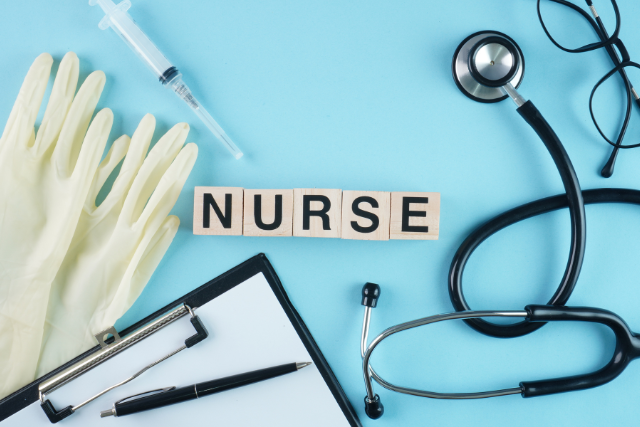San Francisco, CA — 23andMe, once a pioneer in direct-to-consumer (DTC) genetic testing and a recognized player in AI-driven health data, has filed for Chapter 11 bankruptcy protection, marking a significant turning point for both the company and the broader digital health industry. The filing, confirmed this week, comes amid declining sales, increased competition, and growing consumer wariness around data privacy in the genomics space.
Founded in 2006, 23andMe gained global attention for democratizing access to personal genetic information, offering consumers ancestry insights and health risk reports with a simple saliva test. However, its recent financial challenges have highlighted deepening cracks in the DTC health tech model, even as AI and precision medicine continue to expand within clinical settings.
At its peak, 23andMe was valued at over $6 billion following its 2021 SPAC merger. It touted partnerships with pharmaceutical giants, such as GlaxoSmithKline, using AI to analyze consumer DNA data and accelerate drug discovery. But in the years following, the company struggled with stagnant customer acquisition, legal battles, and heightened competition from traditional healthcare providers and emerging AI-powered platforms.
“23andMe was early in positioning itself as a data-first biotech company,” said Dr. Nicole Freeman, a digital health strategist. “But DTC genetic testing faces a fundamental challenge: monetizing health data responsibly while retaining consumer trust.”
The bankruptcy also comes after a major cybersecurity breach in late 2023, in which sensitive data from nearly 7 million users was compromised. Privacy concerns, already high in AI-powered health platforms, grew louder, leading to reputational damage and customer attrition.
Consumer trust in AI-driven health products is increasingly shaped by perceptions of how companies manage data security, equity, and transparency. For platforms like 23andMe, which rely on aggregating vast datasets for AI-enabled insights, the margin for error is slim.
“The breach highlighted the delicate balance between innovation and privacy,” said Dr. Freeman. “Without clear ethical frameworks and robust cybersecurity, AI-driven health ventures risk losing public confidence.”
While 23andMe’s business model faltered, the broader application of AI in healthcare remains robust. Unlike consumer genomics companies, health systems and research institutions are increasingly integrating AI into clinical workflows—improving diagnostics, risk stratification, and population health management.
According to a 2024 Deloitte report, the AI in healthcare market is projected to exceed $100 billion by 2028, driven largely by hospital systems, pharmaceutical firms, and AI-led clinical decision tools. Yet, experts warn that DTC health models require a different kind of resilience.
“Consumer-focused AI health companies face two key pressures: demonstrating ongoing value to users and managing the long-tail responsibility of personal data stewardship,” said Dr. Freeman.
Some analysts suggest that 23andMe’s bankruptcy signals a broader shift away from consumer-centric health platforms toward business-to-business (B2B) partnerships between AI health companies and larger health systems or insurers.
“The winning AI models are now more aligned with integrated care delivery,” noted Dr. Jason Lin, a health technology consultant. “AI algorithms that assist clinicians in precision medicine, rather than selling individual health reports to consumers, are gaining traction.”
Indeed, other AI-genomics platforms like Tempus and Sophia Genetics have pivoted to B2B strategies, offering AI-powered genomic analytics to hospitals and pharmaceutical companies rather than directly to consumers.
Despite 23andMe’s financial decline, the demand for AI-driven personalized medicine continues to grow. Hospitals, academic research centers, and biotech companies are investing heavily in AI models that tailor treatments based on genomic data, social determinants of health, and patient-specific variables.
“AI and genomics are central to the future of personalized medicine, but we’re learning that sustainable growth depends on secure infrastructure and clinician integration,” Dr. Lin said.
23andMe’s downfall is also reflective of a wider correction in the digital health sector. Many startups that surged during the pandemic now face valuation resets, layoffs, and in some cases, insolvency.
However, AI remains embedded in healthcare’s long-term vision—supporting everything from cancer diagnostics to drug discovery.
As for 23andMe’s next steps, the company has announced it will continue to operate during the bankruptcy process while seeking new investment and restructuring opportunities.




